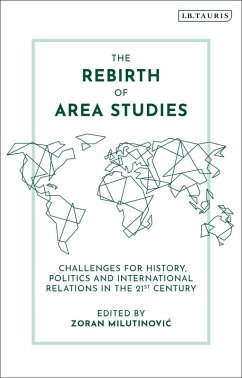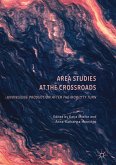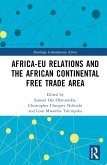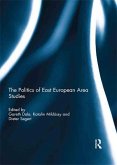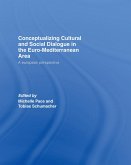Area Studies became increasingly common after World War II as a means of responding to perceived 'external threats' from the Soviet Union and China. After the Cold War and in the face of increasingly rapid globalisation, it seemed inevitable that Area Studies - institutionally and intellectually - would slowly degenerate. But this has not been the case, and there has recently been a resurgence of interest in it as an effective and positive research paradigm. Responding to this renewed interest, this book brings together an esteemed group of contributors at the cutting edge of the field to consider the state of Area Studies today and its prospects for the future.
The Rebirth of Area Studies demonstrates that numerous aspects of the research paradigm in fact recommend it as well-suited for the present moment and the challenges posed by globalisation, both as a means to overcome disciplinary limitations and to increase self-reflexivity. Area Studies research is grounded in place-specific knowledge, yet by definition it transcends nation as the basic unit of analysis and thus empowers comparative and trans-national approaches. This book outlines a new, critical Area Studies for the 21st century - self-reflexive, aware of its limitations and conscious of its origins in geopolitical, strategic or ideological considerations - and is essential reading for historians, geographers and political scientists.
The Rebirth of Area Studies demonstrates that numerous aspects of the research paradigm in fact recommend it as well-suited for the present moment and the challenges posed by globalisation, both as a means to overcome disciplinary limitations and to increase self-reflexivity. Area Studies research is grounded in place-specific knowledge, yet by definition it transcends nation as the basic unit of analysis and thus empowers comparative and trans-national approaches. This book outlines a new, critical Area Studies for the 21st century - self-reflexive, aware of its limitations and conscious of its origins in geopolitical, strategic or ideological considerations - and is essential reading for historians, geographers and political scientists.

